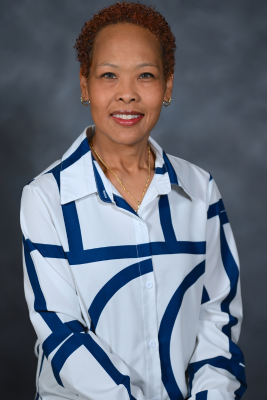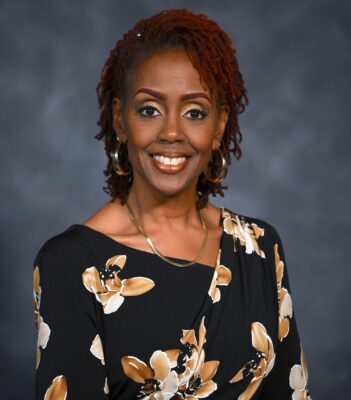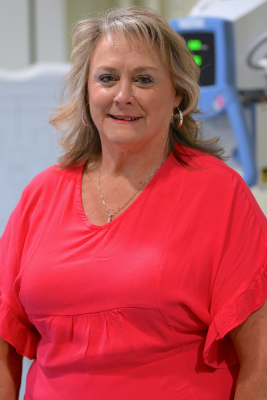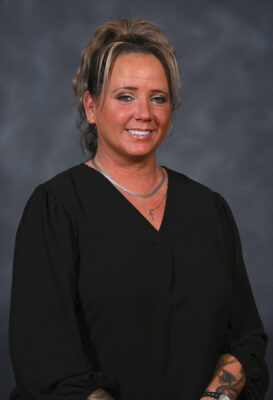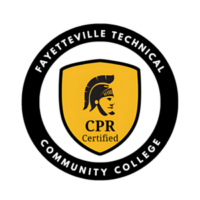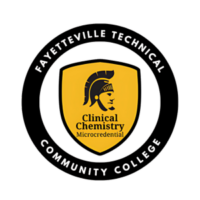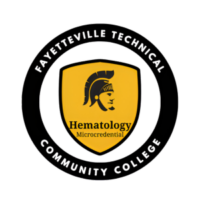November 1, 2020
COVID-19 has taken more than 228,000 American lives, including more than 4,300 North Carolinians, and has resulted in at least 240 deaths in Cumberland, Harnett, Hoke and Moore counties.
Our nation has not battled a health crisis of this magnitude since the great influenza pandemic of 1918, which took 675,000 lives in the U.S. and caused more than 50 million deaths worldwide. The COVID-19 pandemic has frequently been compared to this influenza pandemic, which caused an initial wave of deaths in the first half of 1918 followed by a more lethal second wave that occurred from October through December.
As we enter into the fall/winter season and more importantly flu season, it becomes even more imperative that our community embraces an effective strategy to battle COVID-19 and minimize its spread.
The US Centers for Disease Control and Prevention (CDC) and the North Carolina Department of Health and Human Services (NCDHHS) recommend three simple steps to minimize the spread of COVID-19: face coverings, social distancing, and handwashing/sanitizing. NCDHHS refers to these as “The Three Ws.” WEAR a cloth face covering, WAIT six feet apart and avoid close contact, and WASH your hands often or use hand sanitizer.
COVID-19 is most often spread by droplets that are produced when an infected person coughs, sneezes or talks. These droplets can land in the mouth, nose, or eyes of people who are nearby, typically within 6 feet. There is also evidence that COVID-19 can sometimes be spread by airborne transmission, smaller droplets that may infect people who are farther than 6 feet away. Practicing the Three Ws can greatly reduce one’s risk of becoming exposed to the virus.
Those who are feeling healthy and well should not be exempt from embracing these measures. The CDC and others have estimated that 50% of all COVID-19 infections are transmitted during the “pre-symptomatic” stage, or the few days just before symptoms develop. Furthermore, it is estimated that individuals who are infected but never develop symptoms are still 75% as infectious as those who have symptoms. It is clear that a significant percentage of cases are transmitted before infected individuals know they are sick.
Fortunately, most in our community have not been infected, and for those who have, most have had mild disease not requiring hospitalization. However, there are populations that have been disproportionately impacted – those that live in long-term care facilities, communities of color, and essential workers. Additionally, those over 65 and those with underlying medical conditions have the highest risk of severe illness and death.
As leaders in the educational, healthcare and public health infrastructures of our community, we are committed to protecting our community, especially those most susceptible. We affirm these preventive measures, and we urge our community to do the same. We advise universal adoption until we have sufficient control of the infection, even for those who are at little risk for severe disease.
We urge you – WEAR, WAIT, and WASH. Practice your Three Ws so we may rebound and become a safer and more productive community.
Public Health Directors:
Dr. Jennifer Green, Director, Cumberland County Health Department
COL Sheryl Bedno, Director, Fort Bragg Department of Public Health
Mr. John Rouse, Director, Harnett County Health Department
Ms. Helene Edwards, Director, Hoke County Health Department
Mr. Robert Wittmann, Director, Moore County Health Department
Health Systems:
Mr. Mike Nagowski, CEO, Cape Fear Valley Health System
Mr. Daniel Ducker, Director, Fayetteville NC VA Coastal Health Care System
Mr. Mickey Foster, CEO, FirstHealth of the Carolinas
COL Christopher Jarvis, Commander, Womack Army Medical Center
Dr. Y. Sammy Choi, Director, Department of Research, Womack Army Medical Center
County Public Schools:
Dr. Marvin Connelly, Superintendent, Cumberland County Schools
Dr. Aaron Fleming, Superintendent, Harnett County Schools
Dr. Freddie Williamson, Superintendent, Hoke County Schools
Dr. Bob Grimesey, Superintendent, Moore County Schools
Institutions of Higher Learning:
Dr. Peggy Valentine, Interim Chancellor, Fayetteville State University
Dr. Larry Keen, President, Fayetteville Technical Community College
Dr. Stanley Wearden, President, Methodist University
Dr. Sushma Kapoor, President, Southern Regional Area Health Education Center










